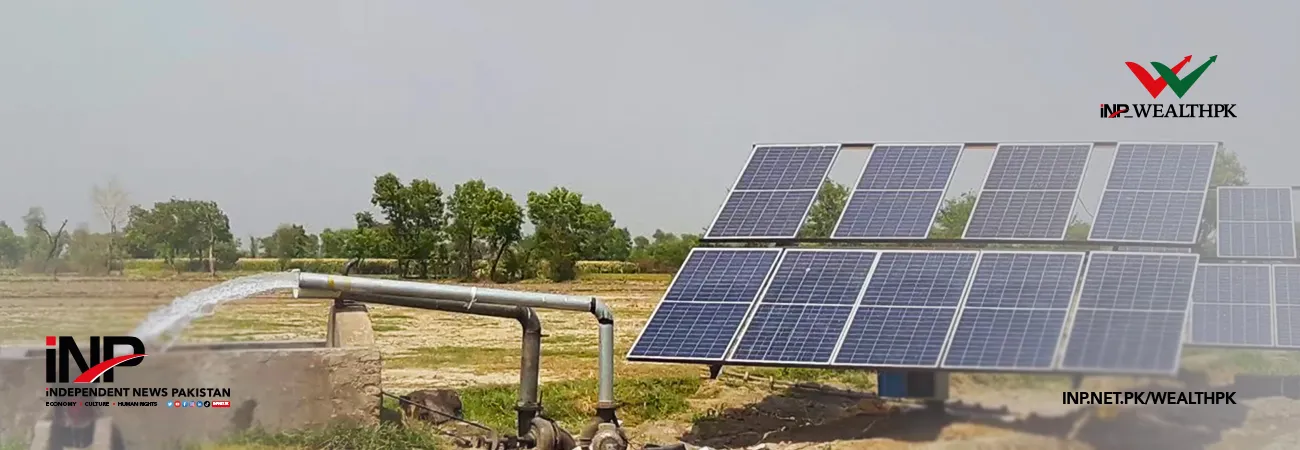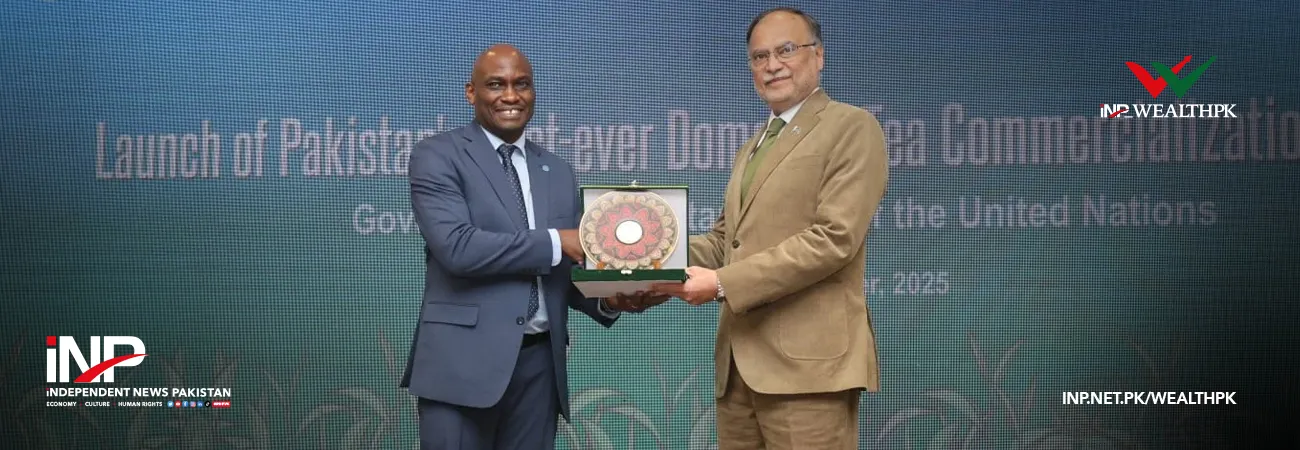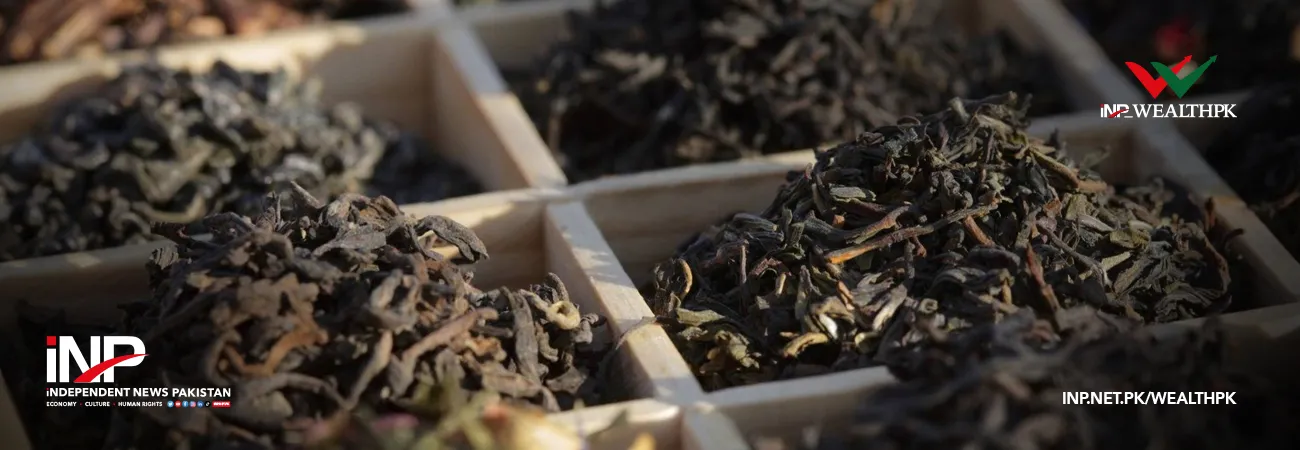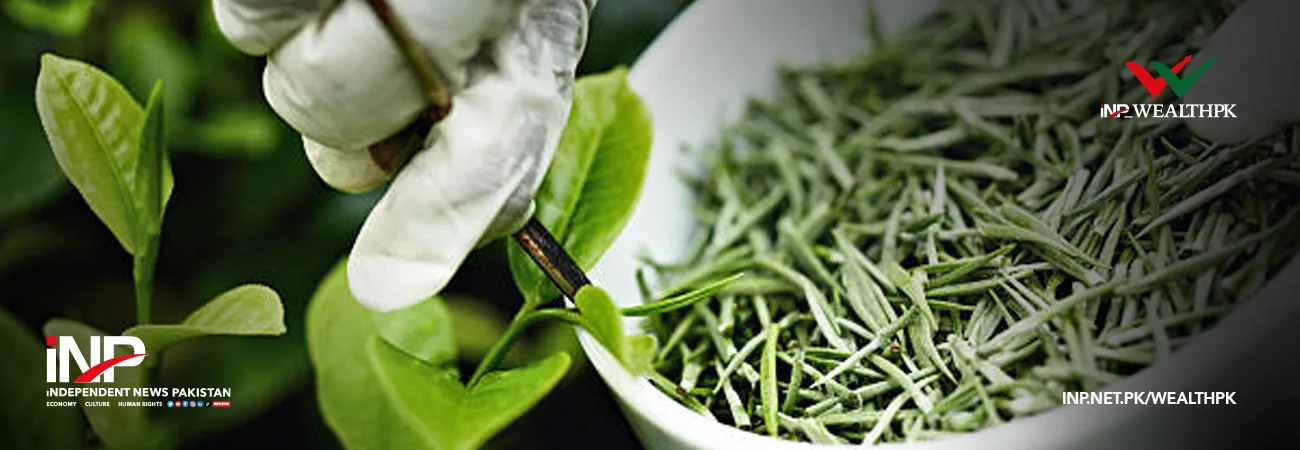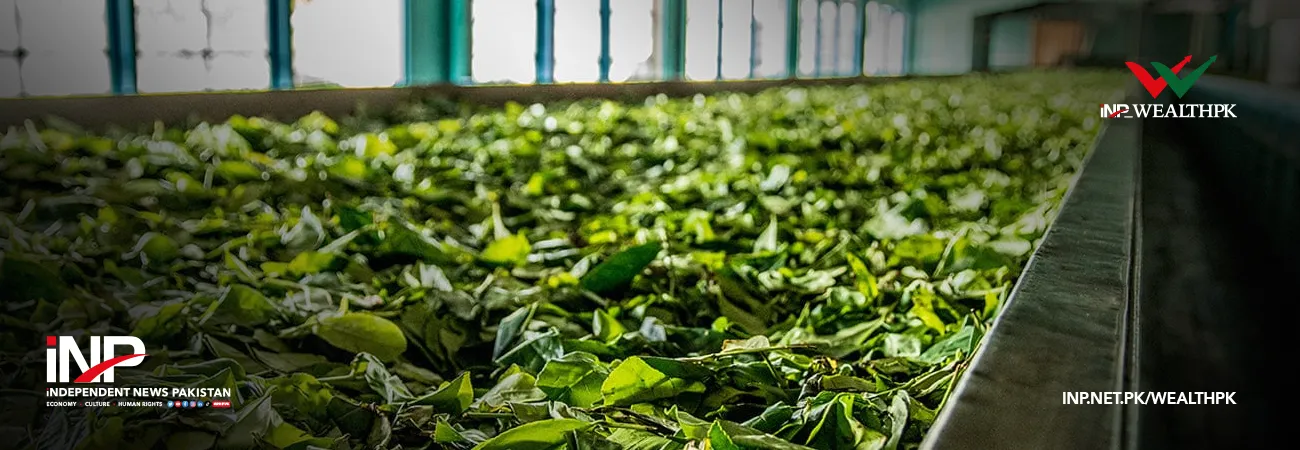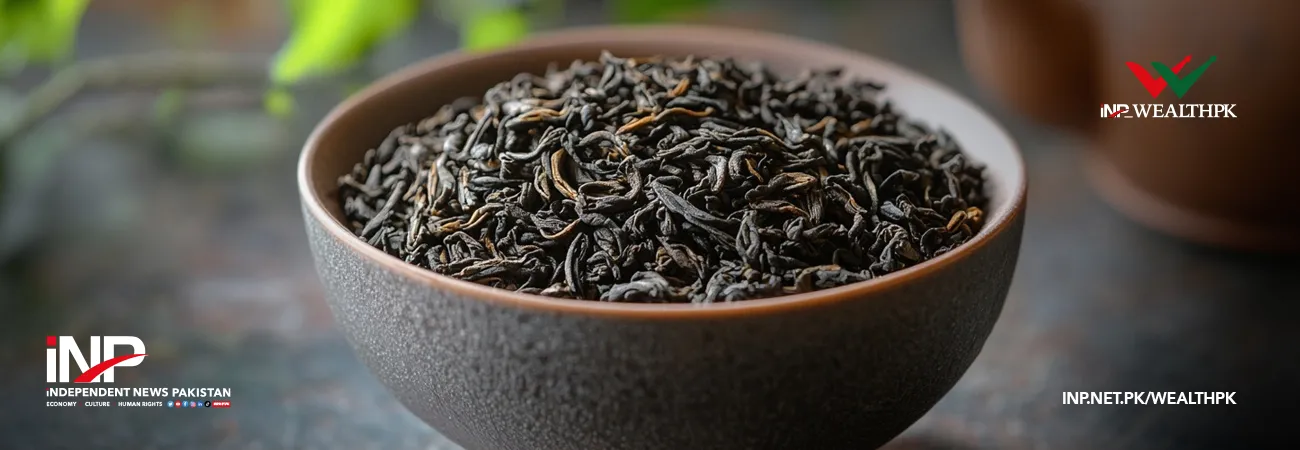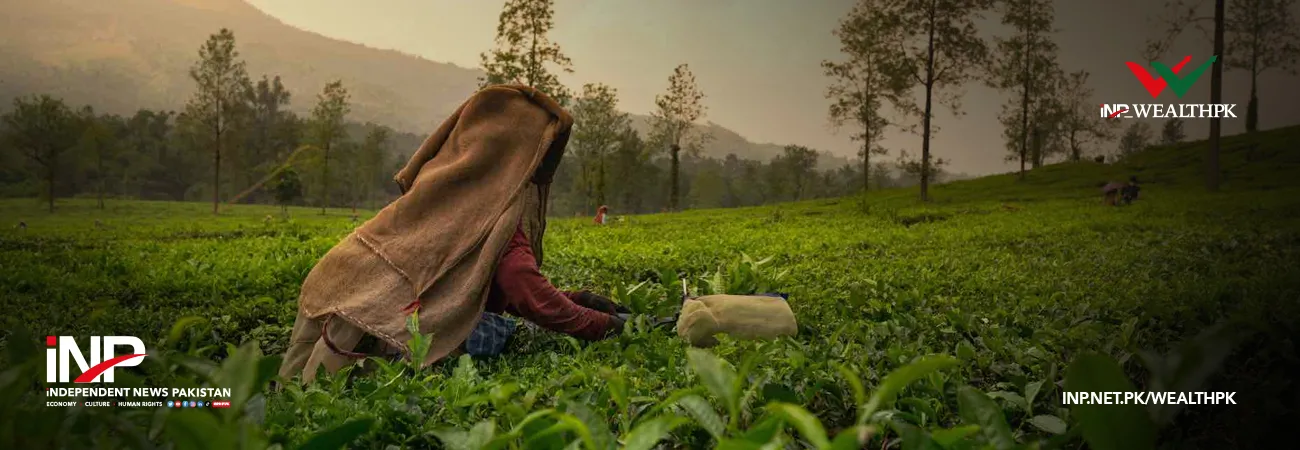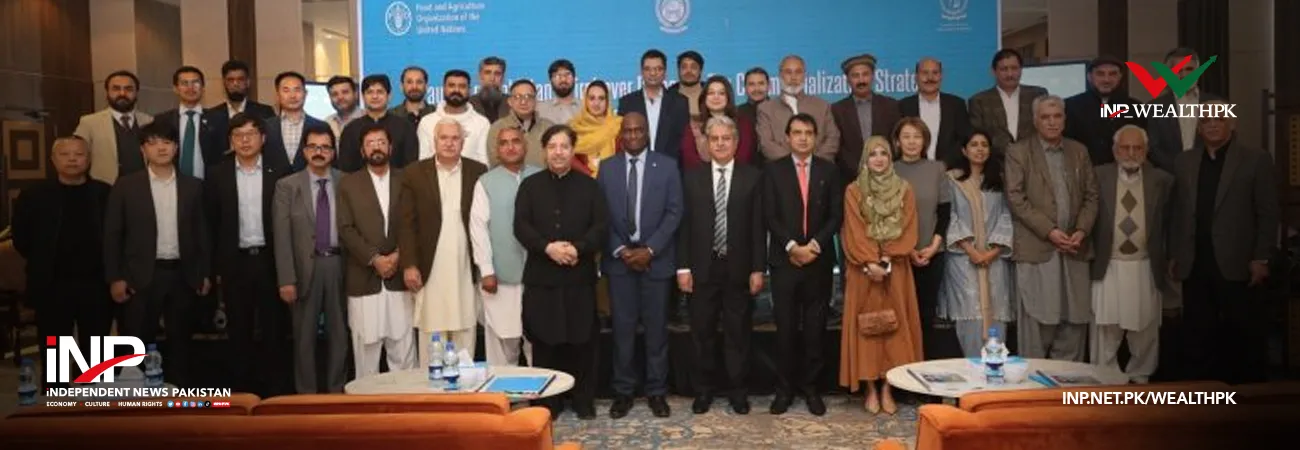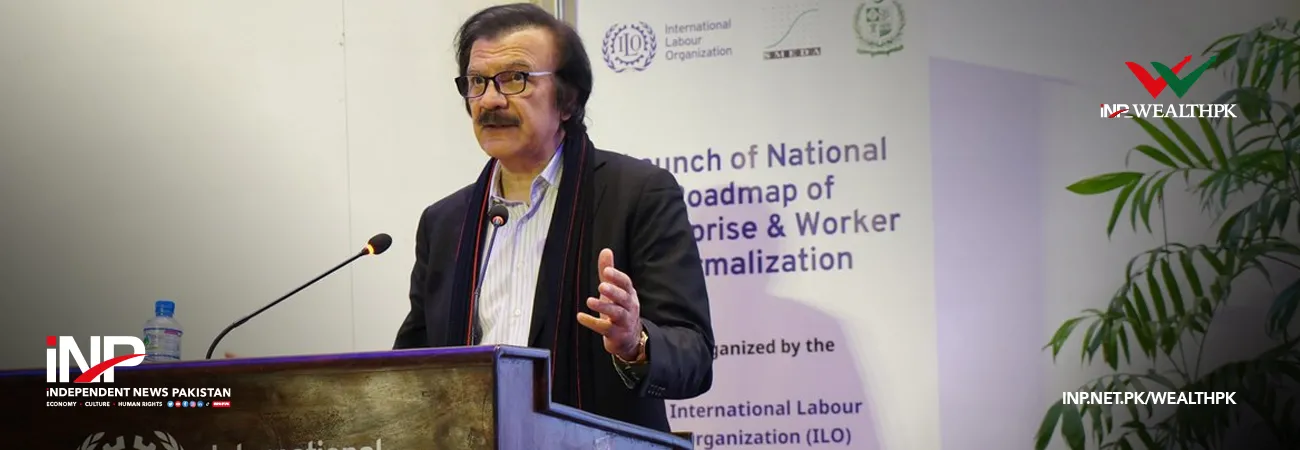INP-WealthPk
Muhammad Saleem
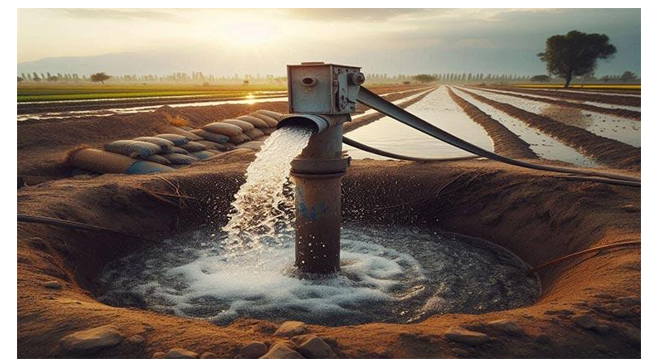
The high cost of electricity makes it difficult for farmers to afford the operation of irrigation tube wells. “We have neither provided alternative irrigation methods nor affordable electricity to our farmers,” said Dr Ahmed, a faculty member of the University of Agriculture, Faisalabad. Talking to WealthPK, he said the high cost of energy had strained farmers’ finances. He said drip irrigation techniques were being used across the globe to tackle water crisis and effective irrigation of the plant roots. “However, in Pakistan, farmers are finding it difficult to adopt this method due to the high cost of inputs and lack of training.” He said the high cost of electricity was hitting every segment of society, with farmers bearing the brunt of it. “Without providing cheap electricity, we cannot boost the agriculture sector and its production,” he said. Ahmed asserted that Pakistan could not move forward without the protection and promotion of the agriculture sector.
He urged the rulers to sit with the stakeholders to tackle the agriculture sector issues. “We have to lend a helping hand to our farmers,” he said. Shahbaz Ali, a small-scale farmer, told WealthPK that high electricity costs were making it difficult for them to operate tube wells. He said the skyrocketing electricity prices were beyond the payment capacity of poor farmers, who were struggling to survive in the current circumstances. “We need to run the tube wells for longer hours to effectively irrigate crops. However, surging prices of electricity are forcing us to reduce water share for our crops,” he said, and warned that the situation would ultimately hit production, causing food shortages. “It is the foremost responsibility of the state to help the growers during these hard times,” he added.
“We are walking a tightrope due to the absence of a strong voice representing the farming community in the power corridors,” he said, adding that costly electricity left farmers with little room to efficiently irrigate their lands. Shahbaz said the government had announced a plan to convert tube wells to solar energy. “We are eagerly waiting for the implementation of this policy, hoping it will provide a sigh of relief to growers,” he added. Muhammad Bashir, a trader dealing in agricultural products, said the rising electric tariffs were squeezing the profits of farmers, forcing them to consider abandoning agriculture. He said: “We need long-term solutions to ensure water availability for irrigation.” He said some farmers, who could afford it, had switched to solar-powered tube wells. “But the majority of farmers lack financial resources to avail this facility.”
Credit: INP-WealthPk



